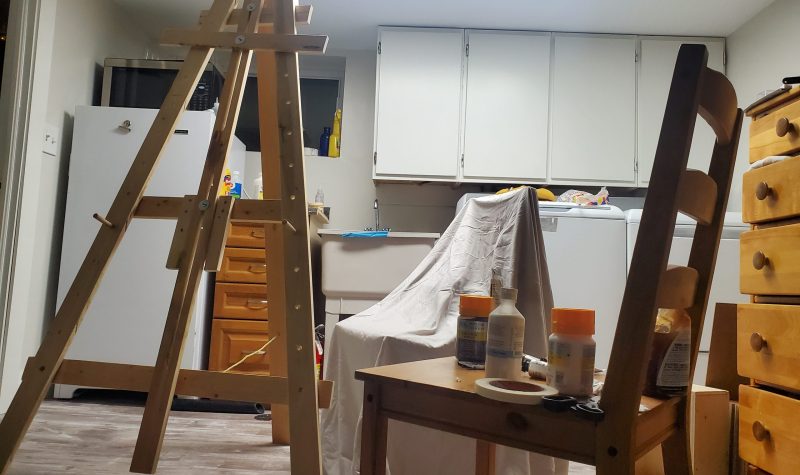Conversations around inclusiveness in the national art space are coming to the forefront at an upcoming virtual art conference.
Maintaining Creativity is an annual conference held by the Canadian Artists Network (CAN) which tackles different topics in the art scene. CAN as an organization “engages seasoned professional artists in Canada” that offers “services that serve artists of every discipline in their desire to remain relevant, connected, informed and inspired.”
Every year the conference is made of three chapters. Compared to last year there is a stated overarching theme. With this years theme being around "artist as agents of change." Change takes different forms with the panels being around representation in the Canada art space and working world. In order they are Women Warriors for Change, Inclusion: Where are we, and The Original Gig Workers: Strategies Towards Economic Stability.
Each panel focuses on different aspects of change. With the first panel Warriors for Change being around how women in the Canada art space help change art enviroment. The second panel Inclusion having a focus on the current atmosphere and what needs to be done so all voices can heard. While the last panel Gig Workers seeks to explore why "the median income of professional artists is 44 per cent lower than that of all workers" and "many earn less than the poverty line."
“I think representation matters. Seeing oneself reflected anywhere matters. And because there is then a sense of belonging, there is a sense in intrinsic self of value,” says Joy Loewen, CEO of the National Screen Institute and Toronto Metropolitan University alumni.
The National Screen Institute provides programming for underrepresented groups to elevate their voices in art spaces. Loewen will be speaking at the second panel Inclusion: Where are we. She and the other panellists Nikita Carter, musician, and Suzy Lake, visual artist, will be talking about how far the art space has come in sharing underrepresented voices.
“It's through the arts that we make and build some major bridges to gaps in our understanding,” says Loewen. “We all have a story to tell. We all have something in us that is important to share. By doing that I think that we can build stronger, stronger nations and stronger communities.”
To increase the inclusivity for art in Canada, CAN and the National Screen Institute have a range of programs and webinars to get more people involved. CAN use mentorships and conferences to have older artists still be involved. The Institute has programs for marginalised groups like their recent project Elevate which aims to help BIPOC producers gain “long-term sustainability.”
One of the groups this includes are older and elderly artists which CAN helps. “Artists don’t retire,” says CAN on their website. A few of the issues older artists encounter is adapting to the quickly changing technologies, says Loewen. She says that “is a barrier” for older artists that needs to be addressed.
“I have several writing friends who are well into their 70s and they're every bit as creative and inspiring and engaging as the writers that I'm meeting who are 18,” says Loewen. “I think that technology hasn't necessarily done us all, who are older and much favours. No longer are there typewriters. My Word documents aren't even making the grade. We have to be on some Google Doc or SharePoint.”
The conference runs from Oct. 30 to Nov. 3. It is free for anyone to attend, only requiring registration. To learn more about this conference and the other panels you can, visit the CAN website.
Listen to the story below:


